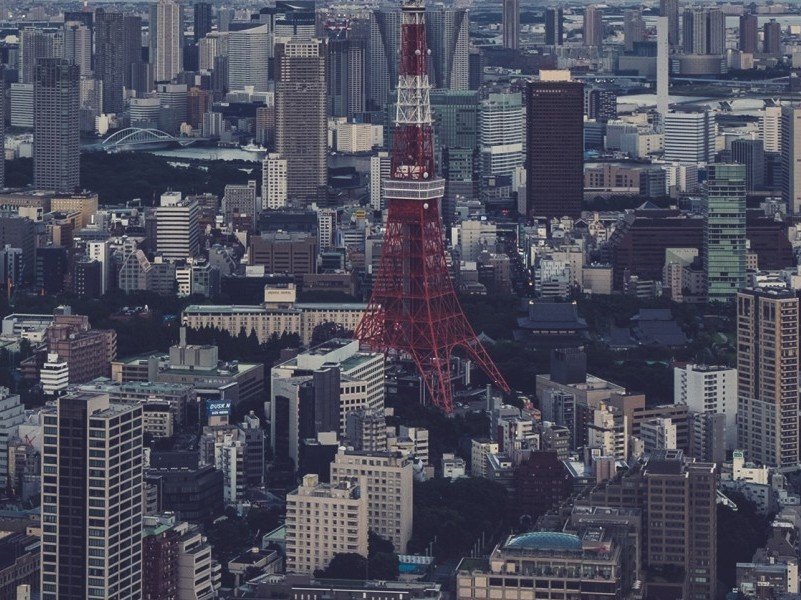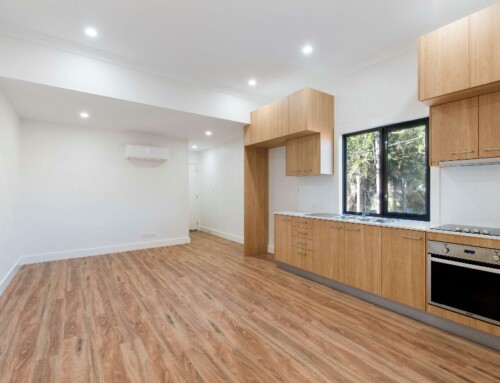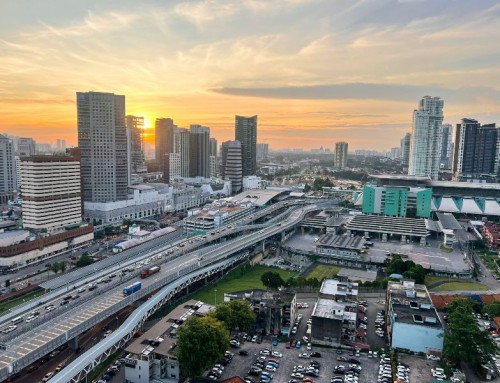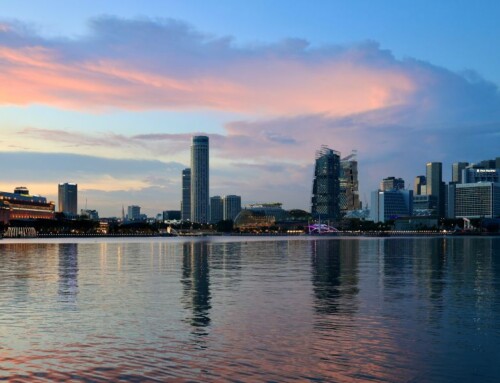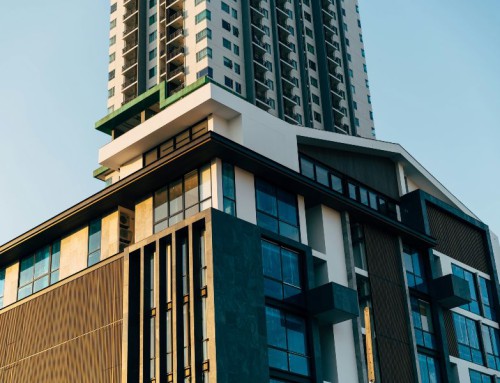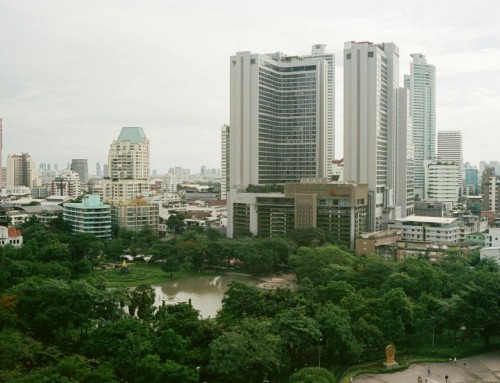Buying a Japan property
Buying procedure
- DUE DILIGENCE
- Planning for source of funds. Inclusion of miscellaneous cost like real estate salesperson’s commission, registration cost etc. A ball park figure is to include 10% of purchasing price.
- Choosing a location and setting a budget. Relevant considerations include the age of the building and whether parking lots are required. Inspection of the building for completed projects can be done as well.
- COMPLETION OF PURCHASE APPLICATION FORM
After you are satisfied with the property, you need to complete and submit a “purchase application form” to the seller, which includes your offer price, payment method, contract date, date of delivery. This form is analogous to the “offer to purchase” form in Singapore, where the buyer gives a non-binding written expression of his interest to purchase the property at a certain price. The purchase application form is needed to kick start the negotiation process. - DRAWING UP THE CONTRACT
Once you and the seller have agreed to all the major conditions, in particular, the purchase price of the property, a sales contract can be prepared by the lawyer. The sales contract is usually in the Japanese language. - EXPLANATION OF IMPORTANT DETAILS BY AGENT
According to Japanese law, it is mandatory for a registered real-estate agent to review and explain the important details of the contract to you before you enter into a binding agreement with the seller. This is to ensure that you fully understand the contract before you sign it. - SIGNING OF CONTRACT
After the explanation by the agent, both the buyer and seller will sign the sales contract. Upon the signing of the sales contract, the buyer must give a deposit (usually 10% of the purchase price) and pay a documentary stamp duty. This stamp duty is not refundable in the event that the loan application is rejected. - LOAN APPLICATION
Any loan application for purchase of Japanese properties can only be made after the sales contract has been signed. Loan application for purchase of Japanese properties will normally take about 6 to 8 weeks. If the loan is rejected, the contract will be terminated and the deposit of 10% will be returned to the buyer. - FINAL SETTLEMENT/ COMPLETION OF THE PURCHASE OF THE PROPERTY
The final settlement will be done by a judicial scrivener or a law clerk in Singapore’s context. The buyer will need to pay the remaining 90% of the purchase price upon completion. This can be done by the disbursement of the bank loan, depending on the quantum of the loan. In the event that the loan quantum is less than 90% of the purchase price, the buyer has to top up the balance. Miscellaneous fees will also be payable upon completion. The table for the miscellaneous fees is detailed below. Upon completion, the seller will deliver all the keys to the property to the buyer.Miscellaneous feesCosts incurred to
get a bank loan- Bank commission
- Fire insurance premium
Pro-rated ongoing fees and taxes · - Fixed Asset Tax
- City Planning Tax
- Management fee, Sinking fund (for an apartment)
- Membership fee for the neighbourhood association
Agent’s Commission 3% of the sales price + ¥60,000 + consumption tax in accordance with property transaction regulations. Registration Tax For registering ownership transfer and/or mortgage on a property. Commission for
the Legal ScrivenerFee for conducting ownership transfer and necessary related registration. The fees vary depending on the size and complexity of the transaction. Acquisition Tax This tax is paid to the local government and is usually due within six month of the purchase.
Selling procedure
- PRELIMINARY ISSUES
- Engagement of agent
You can enter into an exclusive agreement with one agent (referred to as a ‘senin’ agreement) or with multiple agents (referred to as an ‘ippan’ general agreement). Once you entered in to a ‘senin’ or ‘ippan’ general agreement, the agent/agents will market your property and find prospective buyers. - Valuation enquiry
Make an enquiry about the value of your property from Japanese agents.
- Engagement of agent
- RECEIPT OF PURCHASE APPLICATION FORM
You will receive applications to purchase forms from prospective buyers. This form is analogous to our “offer to purchase” in Singapore, where the buyer give a non-binding written expression of his interest to purchase the property at a certain price. This The purchase application form is needed to kick start the negotiation process. - DRAWING UP THE CONTRACT
Once you and the seller have agreed to all the major conditions, in particular, the purchase price of the property, a sales contract can be prepared by the lawyer. The sales contract is usually in the Japanese language. - EXPLANATION OF IMPORTANT DETAILS BY AGENT
Your agent is mandated by law to review and explain the important details of the contract to you before you enter into a binding agreement with the buyer. This is to ensure that you fully understand the contract before you sign it. - SIGNING OF CONTRACT
After the explanation by the agent, both the buyer and seller will sign the sales contract. Upon the signing of the sales contract, the buyer must give a deposit (usually 10% of the purchase price) and pay a documentary stamp duty. The seller also has to pay a stamp duty. The stamp duty is not refundable in the event that the loan application is rejected. - BUYER’S LOAN APPLICATION
If the buyer needs to take a bank loan, there will be a waiting period of 6 to 8 weeks. If the loan is rejected, the contract will be terminated and the consideration of 10% will be refunded to the buyer. - FINAL SETTLEMENT/ COMPLETION OF THE PURCHASE OF THE PROPERTY
The final settlement will be done by a judicial scrivener or a law clerk in Singapore’s context. The buyer will need to pay the remaining 90% of the purchase price upon completion. This can be done by the disbursement of the bank loan, depending on the quantum of the loan. In the event that the loan quantum is less than 90% of the purchase price, the buyer has to top up the balance. Miscellaneous fees will also be payable upon completion as detailed below. Upon completion, you will deliver all the keys to the property to the buyer.
Miscellaneous feesAgent’s Commission 3% of the sales price + ¥60,000 + consumption tax in accordance with property transaction regulations. Registration Tax For redemption of mortgage if the mortgage has not yet been paid off. Commission for
the Legal ScrivenerFee for conducting ownership transfer and necessary related registration. The fees vary depending on the size and complexity of the transaction. Capital gains tax Payable as a form of income tax Stamp duty for contract
Price on Contract Property Sales Contract Less than ¥1M ¥500 Less than ¥5M ¥1,000 Less than ¥10M ¥5,000 Less than ¥50M ¥10,000 Less than ¥100M ¥30,000 Less than ¥500M ¥60,000 Less than ¥1B ¥160,000
Taxes
- BUYING
- Stamp duty for contracts and loans
Stamp duty is levied on contracts involving amounts equal to or over ¥100,000, with the amount of tax varying according to the contract price as shown below:
- Stamp duty for contracts and loans
| Price on Contract | Property Sales Contract | Loan Contract |
| Less than ¥1M | ¥500 | ¥1,000 |
| Less than ¥5M | ¥1,000 | ¥2,000 |
| Less than ¥10M | ¥5,000 | ¥10,000 |
| Less than ¥50M | ¥10,000 | ¥20,000 |
| Less than ¥100M | ¥30,000 | ¥60,000 |
| Less than ¥500M | ¥60,000 | ¥100,000 |
| Less than ¥1B | ¥160,000 | ¥200,000 |
- Acquisition tax (Local Tax)
Tax payable = Assessed value of acquired real estate x 3% - Registration Tax
Amount of Tax = Assessed Value of Property (Tax Base) × Tax Rate
The tax rate varies according to the type of registration. For instance, the tax rate for the registration on transfer of ownership ranges from 0.4% to 2.0%, depending on how the transfer occurred.Category Tax rate New Residence Land Assessed Value x 2.0% Building Assessed Value x 0.4% Pre-owned Residence Land Assessed Value x 2.0% Building Assessed Value x 2% Loans Loaned Amount x 0.4% - HOLDING
- Fixed Asset and City Planning Tax
- The fixed asset tax is currently at 1.4% of assessed value of property
- The city planning tax is current 0.3% of assessed value of property.
- Income Tax
- Rental income obtained from the property is counted as income tax in Japan. 42% of the rental income is withheld by the tax authorities until income taxes are filed. Deductibles for income tax includes building management fees, annual fixed asset taxes, fire insurance, repairs, property management and brokerage fees and depreciation etc.
Taxable income Rate (%) < ¥1.95M 5 ¥1.95M -¥3.30M 10 ¥3.30M -¥6.95M 20 ¥6.95M -¥9.00M 23 ¥9.00M -¥18.00M 33 > ¥18.00M 40 - Inheritance tax
Assessed property Value(¥) Tax rate < 10,000,000 10% 30,000,000 15% 50,000,000 20% 100,000,000 30% 300,000,000 40% > 300,000,000 50% - Gift tax
Assessed property Value (¥) Tax rate < 2,000,000 10% 2,000,001 – 3,000,000 15% 3,000,001 – 4,000,000 20% 4,000,001 – 6,000,000 30% 6,000,001 – 10,000,000 40% > 10,000,000 50%
- Fixed Asset and City Planning Tax
- SELLING
- Stamp duty
Stamp duty for contract is payable by the seller. The tax rate is as above. - Registration tax
Upon completion, you will be required to pay for the redemption of mortgage at about ¥15,000. - Capital Gains tax is payable as a form of income tax.
Capital gains = Selling price – (Initial Purchase Price – Depreciation cost) – expenses incurred in buying – expenses incurred in sellingWithin 5 years More than 5 years Resident 39% of Capital Gains 20% of capital Gains Non- Resident 30% of capital Gains 15% of capital Gains
